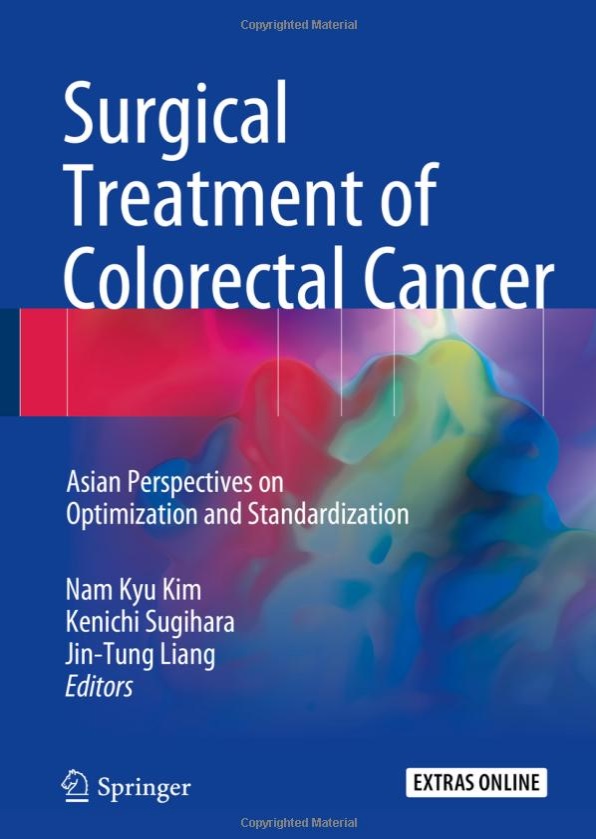- The Asia Pacific Region Introduces Colorectal Cancer Treatment Book November 28, 2018
-
Led by Yonsei University School of Medicine, 60 specialists provide an Asian perspective on colorectal cancer treatment

In response to the rapidly increasing number of colorectal cancer cases reported in the Asia Pacific region, 60 leading colorectal specialists from five Asian countries collaborated to publish Surgical Treatment of Colorectal Cancer: Asian Perspectives on Optimization and Standardization – a reference book on the latest trends in colorectal cancer therapy. This is the first time a large group of researchers in Asia have collaborated to publish their expertise on colorectal cancer treatment in a regional context.
Until recently, colorectal cancer textbooks had been written and published by practitioners in Western countries, where colorectal cancer was most prevalent. However, with Asia’s rapid economic growth over the past 20 years, the Asia Pacific region has seen a sharp increase in colorectal cancer patients due to lifestyle changes – especially in dietary habits – and the increase in the number of obese people. Subsequently, it has been suggested that treatment methods and results of colorectal cancer in Asia may differ from Western countries and should require a regional approach.
In 2012, colorectal cancer specialists from Japan, China, Taiwan, Hong Kong, India, Thailand and Malaysia gathered in Seoul, Korea for the first time by the invitation of Professor Nam Kyu Kim of the Department of Surgery at the Yonsei University College of Medicine to estalish the inaugural Asia Pacific Colorectal Cancer Association. Since its founding, the association has published a biannual journal of cancer treatment studies and information shared at conferences.
Surgical Treatment of Colorectal Cancer presents an Asian perspective on how colorectal cancer treatment can be optimized and standardized according to recent technological advances and the trend towards individually tailored therapy. It carefully describes significant surgical techniques and treatment principles, including information on minimally invasive surgery and an integrated approach for stage IV and recurrent disease, and also discusses the extent and timing of surgery, patient safety, and unresolved issues.
The Asia Pacific Colorectal Cancer Association discussed the topics and contents of each chapter of the book during meetings. Their aim was to help readers learn about specialized surgery techniques as well as also enhance their knowledge and skills on current treatment practices in the Asia Pacific region.
“This book is a valuable reference tool for young surgeons and experienced practitioners from both Asian and Western countries. It also provides information on current treatment standards in the Asia Pacific region,” commented Professor Kim. “We hope it becomes the cornerstone of minimally invasive surgery standardization and becomes a useful tool for interpreting the results of various colorectal cancer treatment”.
show mobile menu
mobile menu




